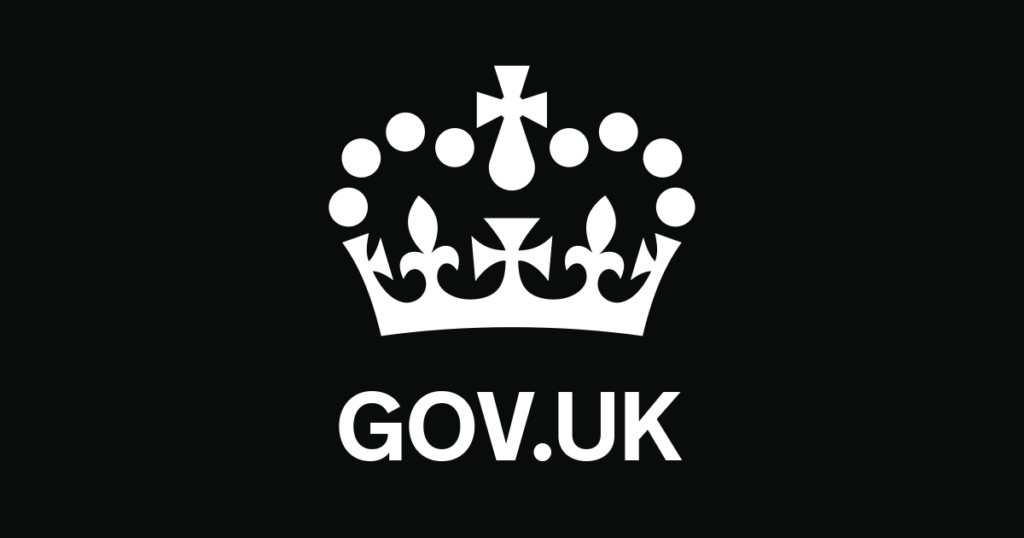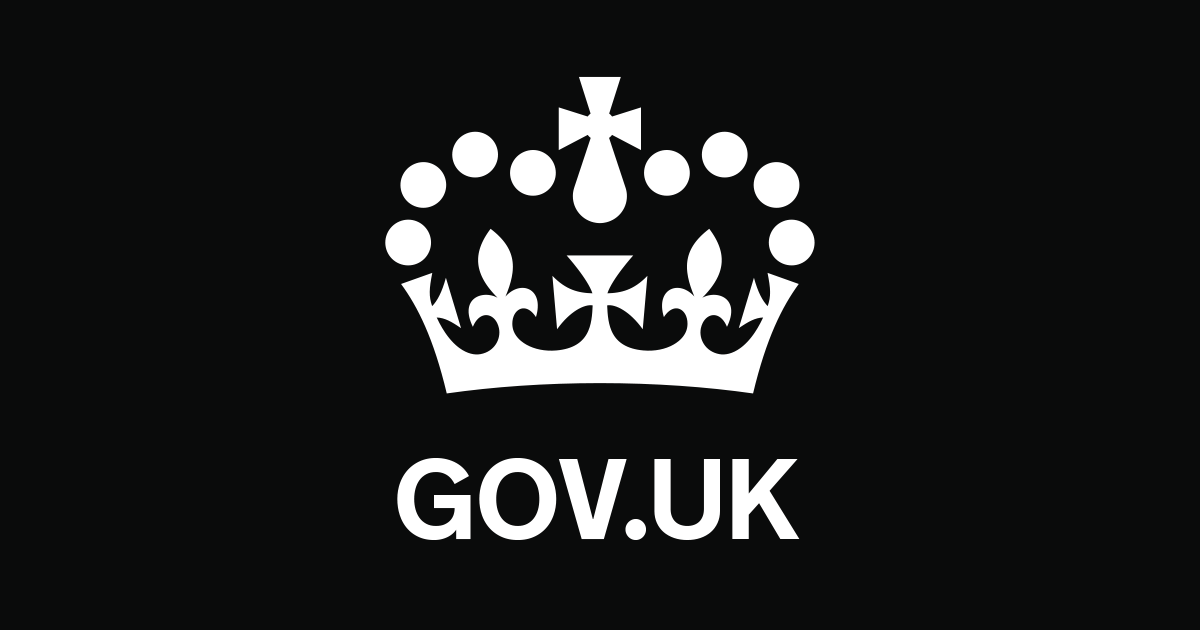
Following up on the rules of origin guidance we have previously shared (enclosed below, beneath my email signature), I am writing to provide some clarification on the impact of the UK leaving the EU customs union on the tariff treatment of different goods. We have received reports of the following issues impacting distribution business models in particular and wanted to ensure that the rules are clear, and that the options that are available can be shared with companies looking to navigate these changes. I have also attached some additional resources that you can share with members to help them understand the basics.
RoW-origin goods that are released into free circulation (i.e. customs cleared) in the EU or UK, if they are then sent to the other party without further processing that would meet the product-specific rules of origin in the UK-EU Trade and Cooperation Agreement (TCA), will have tariffs applied to them no matter what length of time they spend in one territory, unless they are kept under customs supervision while there. To avoid paying duties on the initial import, the first option that would be available if a company is holding on to the goods in the UK or EU for any significant length of time ahead of re-exporting them, would be to apply to either run yourself or store the goods in another customs warehouse and use the Transit procedure on shipping goods to it, so the goods would effectively never clear customs in the first place.
Where there is a preferential trading arrangement in place between the EU or the UK and the third country where the RoW good originates from (e.g. Japan), businesses could check the ‘Direct Transport’ or ‘Non-Alteration’ clause of the relevant agreement to determine the conditions under which RoW-origin goods could transit through the UK or the EU and still be imported tariff-free into the final destination. However, these clauses often stipulate that the goods must remain under customs supervision in the middle country in the chain.
EU-origin goods that are released into free circulation (i.e. customs cleared) in the UK, if they are then sent back to the EU without any significant processing (see below for definitions of what is not enough), will have tariffs applied to them as well. This is also the case for EU-origin goods which are being moved from Great Britain to Northern Ireland and are considered ‘at risk’ of entering the EU.
To be eligible for zero tariff trade using the UK-EU TCA, there would need to have been some processing in the UK before exporting to the EU, or vice versa. The processing that must take place must be more significant than the following operations (which are taken from Article ORIG-7 of the UK-EU TCA [on page 30], with the agricultural and textiles-specific examples stripped out):
- preserving operations such as drying, freezing, keeping in brine and other similar operations where their sole purpose is to ensure that the products remain in good condition during transport and storage;
- breaking-up or assembly of packages;
- washing, cleaning; removal of dust, oxide, oil, paint or other coverings;
- simple painting and polishing operations;
- sharpening, simple grinding or simple cutting;
- sifting, screening, sorting, classifying, grading, matching including the making-up of sets of articles;
- simple placing in bottles, cans, flasks, bags, cases, boxes, fixing on cards or boards and all other simple packaging operations;
- affixing or printing marks, labels, logos and other like distinguishing signs on products or their packaging;
- simple mixing of products, whether or not of different kinds; mixing of sugar with any material;
- simple addition of water or dilution with water or another substance that does not materially alter the characteristics of the product, or dehydration or denaturation of products;
- simple assembly of parts of articles to constitute a complete article or disassembly of products into parts;
(Operations shall be considered simple if neither special skills nor machines, apparatus or equipment especially produced or installed are needed for carrying out those operations.)
If you are distributing EU-origin goods back to the EU and you have not carried out significant processing on them in the UK, the thing to check is whether the person importing the goods back into the EU could use Returned Goods Relief to avoid paying a tariff. Procedures for using this Relief differ across EU Member States (though the underlying rules are the same) but I have included the Irish guidance here as an example. The goods must be re-imported in an unaltered state, apart from any work that may have been carried out to maintain the goods in working order, and the goods cannot have been upgraded to increase their value.
It will be for your companies to decide themselves whether or not they qualify- not BEIS.
Stuart Young ACIPR
Head of Stakeholder Engagement & Management/
EU Exit & Covid19 Construction Sector Relationship Manager
Construction Unit,
Department for Business, Energy and Industrial Strategy
T: 0207 215 6895
E: Stuart.Young@beis.gov.uk
1 Victoria Street, London SW1H 0ET
www.gov.uk/beis | https://twitter.com/beisgovuk





